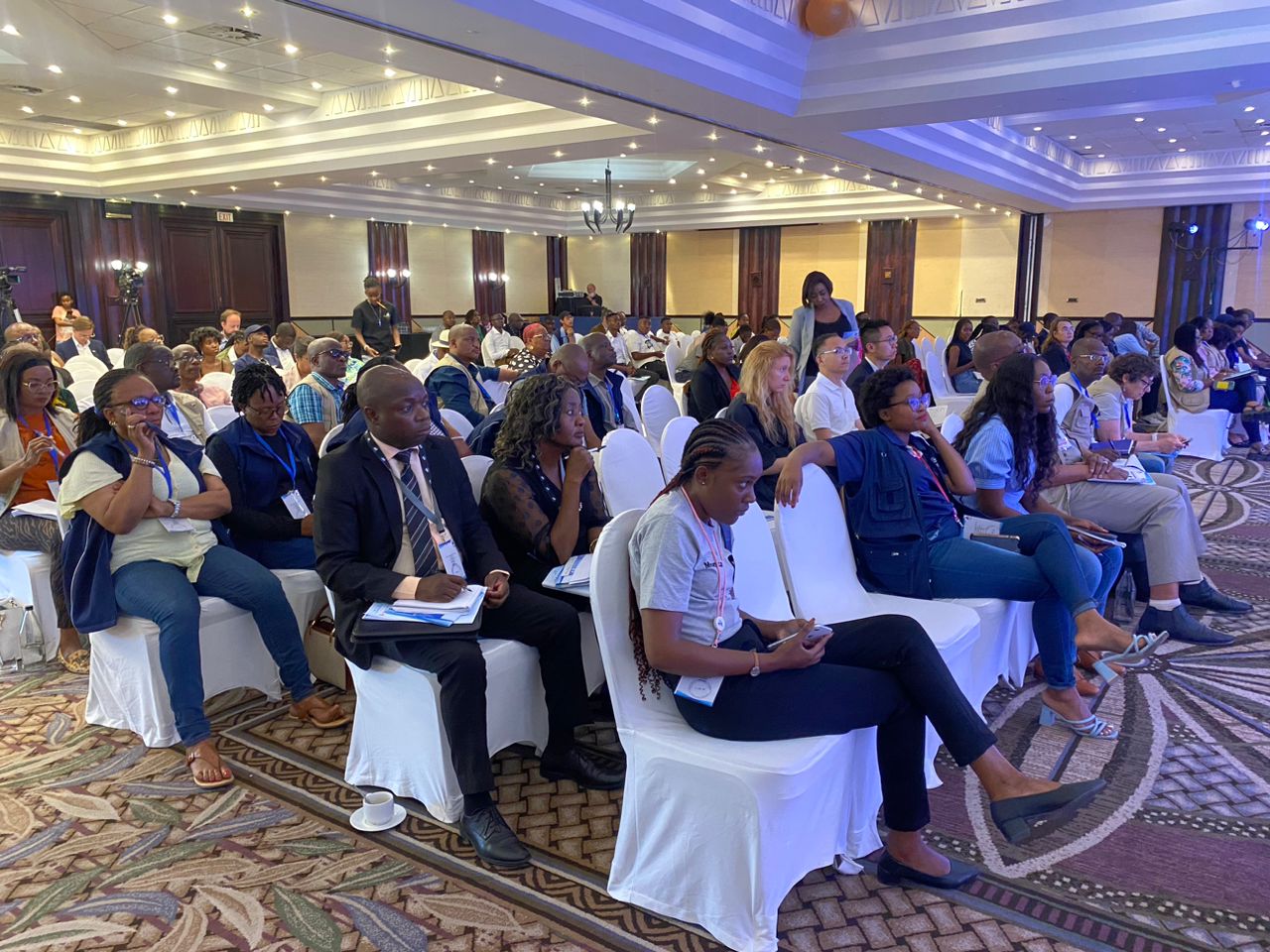Several proposals for new regulations to cushion home loan holders against repossession by commercial banks are currently awaiting approval from the attorney general, Festus Mbandeka.
After this, the proposals will reach the parliament, justice ministry executive director Gladice Pickering has confirmed.
The new regulations would form part of amendments to the High Court Act and the Magistrates’ Courts Act.
This would ensure that the courts would have to be satisfied that all steps necessary are taken before a repossession order is made.
Pickering says special attention would be paid to cases where the property to be attached for repossession is the defaulting debtor’s primary residence.
Rule 108 of the High Court rules currently allows for judicial oversight in matters of bank repossessions.
Pickering says the court has found in a judgement delivered in the High Court in 2018 and the Supreme Court of Namibia in a case involving Standard Bank that rule 108 must be enacted into a substantive law.
“The Ministry of Justice took that rule that provides for judicial oversight to protect the debtor, and we have now incorporated it into the High Court Act, which has similar provisions in the Magistrates’ Courts Act.”
“These amendments will provide for what we call judicial oversight.”
“What it entails is basically that the court will take into account whether this property is the primary home of a person or the debtor.
“Also the court would have to be satisfied that less drastic measures were indeed explored before the sale of the property can be effected,” Pickering says.
She says these proposals will pass through the Cabinet committee on legislation before they reach the National Assembly.
Towards the end of 2021 commercial banks had a stock balance of N$179 million worth of repossessed items, which was an estimated increase of 87% from N$95 million at the end of 2020.
By the end of March 2020, banks had repossessed cars, properties and equipment valued at N$88 million – a jump from the N$65 million at the beginning of that year.
While banks are allowed to pursue the recovery of their funds, the ministry says it does not want the rights of defaulters violated.
Pickering says in terms of the amendments, debtors should be afforded the opportunity to sell their properties first at the highest possible price in order not to lose everything.
“[T]he sale of immovable property, especially if it is the primary home of the judgement debtor, must be the last option,” she says.
Mbandeka yesterday did not respond to phone calls.
BON ‘WON’T BE INVOLVED’
In the meantime, the Bank of Namibia (BoN) has refused to be involved in the matter.
This comes amid several defaulting home loan holders wanting the BoN’s governor, Johannes !Gawaxab, to call commercial banks to order.
This is contained in a letter by lawyer Richard Metcalfe, dated 23 May, in which he slams the central bank’s stance.
“The BoN has welcomed the interventions by the Ministry of Justice to look at foreclosures in the country and the legal context through which they are taking place, and obviously we cannot interfere with that process as a regulator and a supervisory authority,” said the bank, as quoted in Metcalfe’s letter.
The lawyer, responding to the BoN’s position, slammed the proposals as mere lip service.
He said the justice ministry is a mere administrative entity, and criticised the Bankers Association of Namibia (BAN) for taking the same stance as the BoN on the matter.
“The obtuse reference by the Bank of Namibia pertaining to the interference by the ministry of justice’s interventions on foreclosures being seen as ‘interfering and defeating the course of justice…’ portrays an absolute lack of insight into the basics of the law.
“Only a court order which is ignored and/or interfered with could amount to defeating the course of justice,” Metcalfe said.
Brian Katjaerua, the chief executive officer of the BAN, emphasised that banks are currently adhering to rule 108.
He said each case is being handled individually, and underscored the significance of clients fulfilling their loan obligations to prevent banks from facing insolvency.
“If everyone owes the banks money and none of them pay, how will the banks survive?”
‘NO NORMAL RULES IN CRISIS’
Black Business Leadership Network of Namibia (BBLNN) president Irene Simeon-Kurtz has so far declined to comment on the Metcalfe letter, although she is on record hailing the involvement of lawyers in the home repossession debacle.
“You can’t apply normal rules during an economic crisis. Like it or not, the Covid-19 pandemic and economic downturn messed everything up. I am truly proud that the legal fraternity is now openly challenging these injustices,” she said in May.
In January last year, The Namibian reported that the justice ministry was proposing leniency with regards to regulations.
A host of proposals include that the law allows individuals in a financial fix to apply for a six-month payment holiday on their mortgages, or to have their loan period readjusted.
According to a discussion paper prepared by the ministry, it said it intends to “propose legislative and administrative reforms regarding primary homes being sold in execution of judgements”.
This has been on the ministry’s agenda since 2014.
“The courts must be empowered by the law to grant alternative orders, such as rescheduling the debt repayment period, or authorising ‘payment holidays’ as forms of relief enabling the debtor to secure other sources of income,” the paper reads.
At the time, justice minister Yvonne Dausab said members of the National Assembly have raised concerns about the fact that they have not found additional safeguards or ways to deal with issues regarding the repossession of primary homes.
She said the issue specifically affects vulnerable communities.
Dausab said ignorance on the part of homeowners contribute to the problem.
Katjaerua said each case involving home loans that are in arrears is being handled individually since clients have distinct agreements with banks when obtaining loans.
Stay informed with The Namibian – your source for credible journalism. Get in-depth reporting and opinions for
only N$85 a month. Invest in journalism, invest in democracy –
Subscribe Now!






